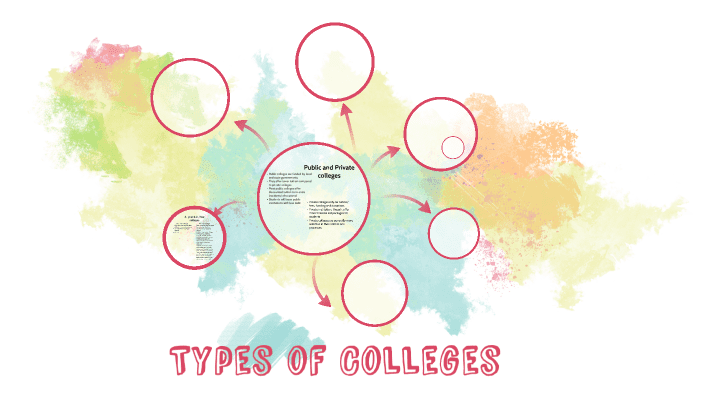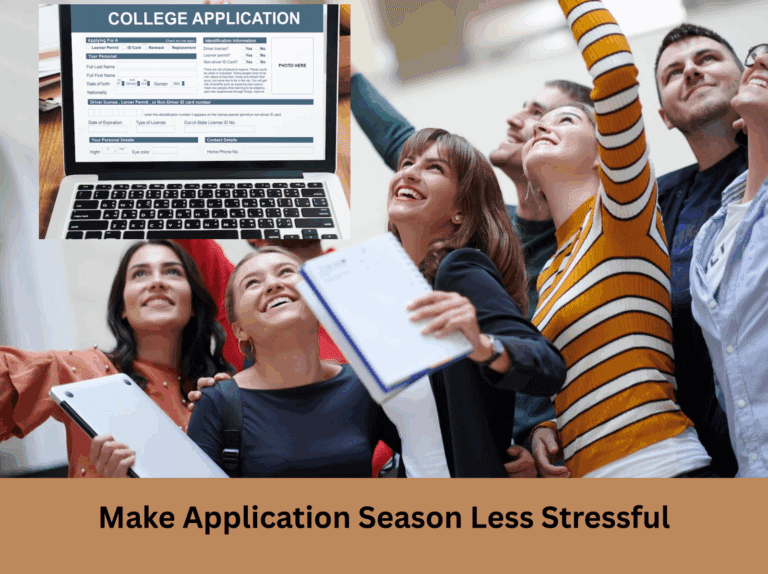The Summer Research Academies provides a stimulating summer science program for eligible high school students. The program offered by the University of California, Santa Barbara is designed to introduce students to the research process in STEM, Humanities, and Social Sciences fields.
Students enroll in a university course worth 4 units, where they can select and develop a research topic under the guidance of an instructor. This is a chance for students to enhance their academic and professional skills by presenting their research findings in a capstone seminar, networking with peers, and gaining valuable experience in a challenging university environment.
Program Dates: June 25 – July 25, 2025
Students must attend the program in its entirety, starting with the virtual component and ending with the closing events.
Application Window: December 15, 2024 – March 31, 2025
Admission decisions are made on a rolling basis.
Students must attend the program in its entirety, beginning with the virtual component and ending with the closing events.
If you want to join the 2025 cohort, you can get the details by clicking the link below.
Overview | UCSB Summer Sessions
The students have to choose any one of these tracks before they apply for the program:
Track Descriptions
Track 1: Complex Systems – Interactions, Inputs, and Networks for Natural and Engineered Systems
This course familiarises students with the tools, that researchers, scientists, and mathematicians have developed to understand the complex behaviors across physical, biological, chemical, social, and engineered systems. Through case studies, students will understand how various tools are used to analyze and design complex systems that respond effectively to change.
Track 2: Climate is Lit – The Craft of Narrating a Global Crisis
Climate change is one of humanity’s biggest problems. Students will debate and discuss how race, class, gender, and history influence climate narratives and to what effect. Through their research, students will acquire tools to communicate climate change strategically to their desired audience in pursuit of meaningful change.
Track 3: Defying Fluidity – Diving Into the World of Bio-Inspired Fluid Mechanics
In this course, students will learn the fundamentals of fluid mechanics and discover how biological principles can inspire innovative engineering solutions such as shark scale swimsuits and drone systems. Students will analyze case studies, conduct hands-on experiments, and run multiphysics simulations to investigate superhydrophobicity, surface tension, swimming mechanics, lift and drag, and much more.
Track 4: Inside Scoop – Mapping Organizational Structures and Networks Through Data Science
Students will work with curated real-world datasets to gain hands-on experience in data science and Python programming. By applying machine learning and network analysis techniques, students will be equipped with critical skills to identify, analyze, and optimize network patterns and model organizational structure, change, and customer interaction.
Track 5: Molecular Clock – Harnessing the Power of Bioinformatics to Reveal Mechanisms Behind Aging
Recent breakthroughs in genetics and molecular biology have increased our understanding of aging. Students will investigate how differing genotypes from varying wild isolate strains affect behaviors and longevity. Using the existing databases, they will access information about the entirety of the C. elegans genome and analyze large datasets to test different combinations of relevant genotypes and their behavioral phenotypes.
Track 6: Money Moves – Exploring Cultures of Capitalism, Consumption, and Corporation
Capitalism shapes far more than just markets—it influences how we see ourselves, relate to others, and imagine our futures. By analyzing capitalism’s intersections with technology, culture, religion, and nature, students will develop an understanding of the cultural dynamics that shape modern life and apply their insights to real-world examples.
Track 7: Quantum Intelligence – Unlocking the Future of Computing and the Power of AI
Quantum computers have proven powerful in solving complex problems significantly faster than classical or supercomputers. Students will learn about quantum information, quantum complexity theory, entanglement and measurement, and much more. By the end of this course, students will engage in research to investigate how quantum computing applications push the capabilities and limitations of various systems.
Track 8: Hate Speech – Examining Rhetoric, Influence, and Social Harm in the Digital Age
The exploitation of divisive and inflammatory language proliferates as online platforms infiltrate our lives. By the end of this course, students will be equipped with the skills to critically evaluate and define solutions that address the societal impacts of hate speech in digital spaces.
Track 9: Code Breaker – Unraveling Genetics from DNA to Cutting-Edge Engineering
From Mendel’s discovery of heritable traits in pea plants to the transformative gene-editing technology, CRISPR-Cas9, genetic researchers have made major advances in the last 150 years. By the end, students will develop skills in experimental design and gain a deep understanding of genetic principles, preparing them for future scientific exploration.
Track 10: Predictive Modeling – Leveraging Phenomenological and Mechanistic Models to Solve Problems
Predictive modeling is the foundational theory of and underlying technology for modern science and engineering. Students will learn about recent breakthroughs in this interdisciplinary field, gain the technical skills to simulate complex systems and navigate the pitfalls and blind spots in predictive modeling.
Track 11: Policy Puzzle – Piecing Together the Underlying Principles Behind Policymaking
Public policies shape our lives multifacetedly, influencing economic, political, societal, and individual outcomes. By the end of the course, students will develop the skills to conduct original, theoretically informed research, equipping them to effectively analyze, evaluate, and communicate findings to inform public policy and law.
Track 12: Digital Brain – The Science Behind How New Media Is Shaping Our Brain and Behaviors
In today’s digital world, our brains are constantly engaging with media—from social scrolling to immersive gaming. Students will conduct MRI scans, analyze imaging data, and collect survey responses to investigate the consequences of digital technology on brain health and behavior. By the end of this course, students will be equipped to think critically and contribute to scholarship on a critical topic currently impacting policymakers, educators, and families.
Eligibility
Advanced 9th graders and qualified students in 10th and 11th grades with a 3.6 (weighted, UC a–g requirements) are eligible for the program.
The online application includes:
High School Transcript
Personal Statement – In a 500-word maximum essay, please tell us why you want to participate in SRA, the reason you selected a particular research track(s), and something unique about you that you’d like the admissions committee to know.
Short Responses –
- Briefly share what you specifically hope to learn from the track(s) you have chosen.
- What skills, interests, or talents do you possess that will enable you to succeed in the chosen track(s)?
- Create a hashtag describing you and/or your life and elaborate on why you chose it.
2025 Program Cost Breakdown
Cost of Attendance: The student can choose the commuter or the residential program:
Commuter Option: $ 2,775
- $75 Application Fee (non-refundable)
- $900 Enrollment Deposit (non-refundable; applied to the Tuition and Program Fees)
- $2,700 Tuition and Program Fees
Residential Option: $8,774
- $75 Application Fee (non-refundable)
- $900 Enrollment Deposit (non-refundable; applied to the Tuition and Program Fees)
- $2,700 Tuition and Program Fees
- $5,999 Housing and Meal Fees
In conclusion, the Summer Research Academies program offered by UC Santa Barbara is a fantastic opportunity for eligible high school students to gain valuable research experience in STEM, Humanities, and Social Sciences fields. Through project-based, directed research, students will develop their academic and professional skills, as well as gain exposure to university life in a challenging environment.
We can help you with your SRA application process. Working with study abroad consultants, overseas education consultants, or, as more commonly known, college counselors, can help you plan and make those high school years count. Ivy Central offers exceptional focus to help you prepare for college admissions throughout the high school years. Start today!
Also read: Harvard Summer School






